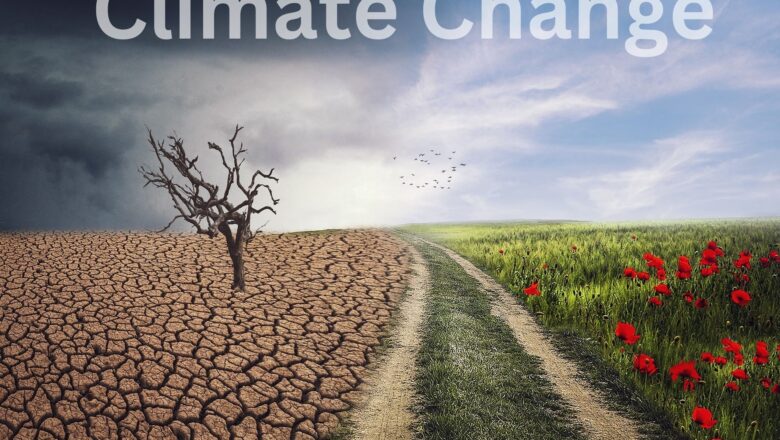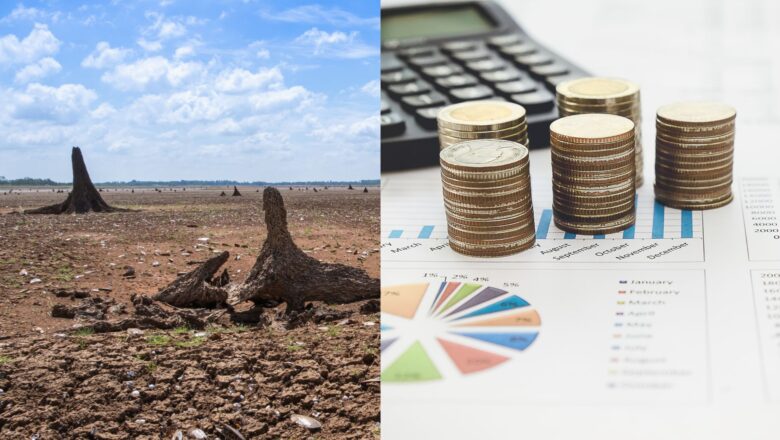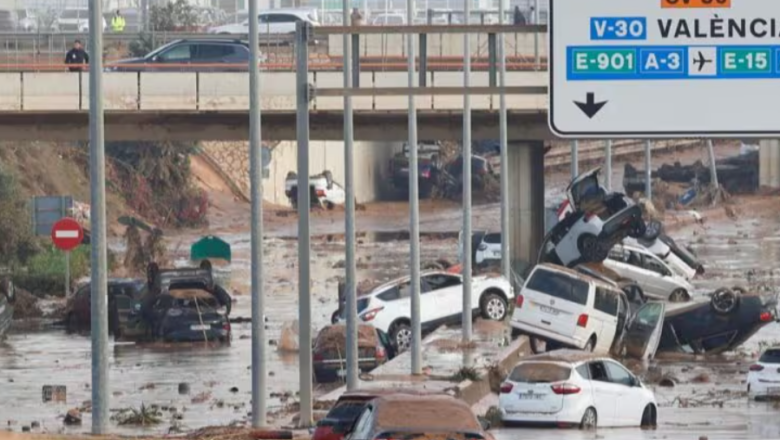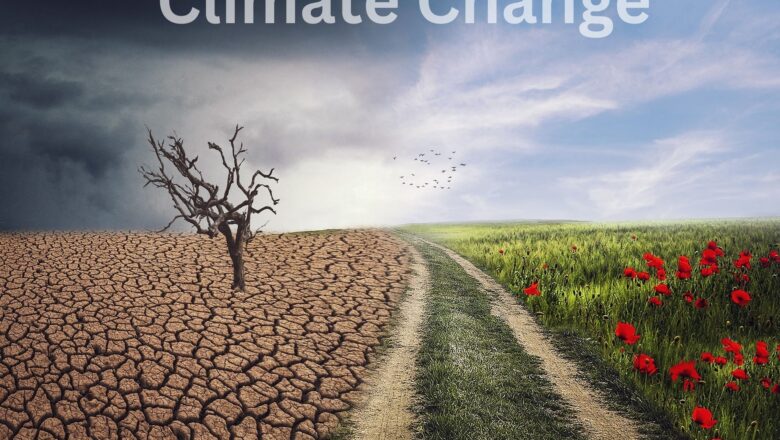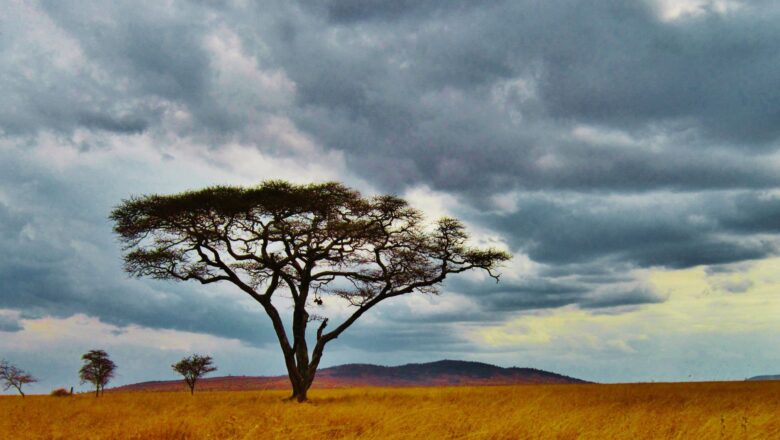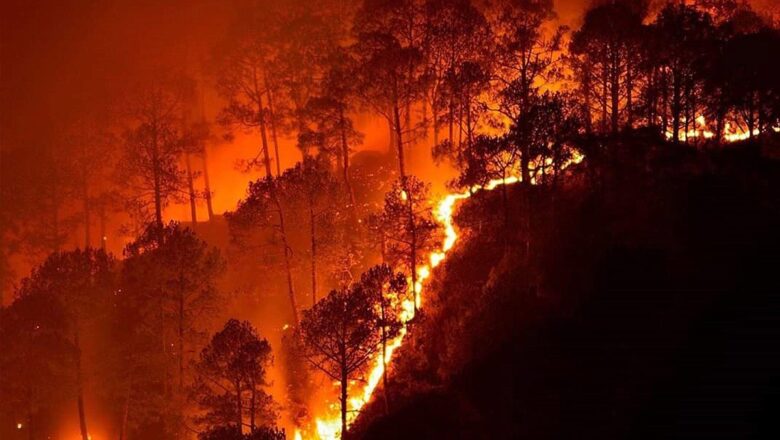
IMD Forecast India Eyes Bumper Monsoon in 2025 Northeast May Stay Dry
India is likely to receive above-normal rainfall during the 2025 southwest monsoon season raising hopes for strong agricultural output and economic growth. According to the Long Range Forecast (LRF) issued by the India Meteorological Department (IMD) on April 15, 2025 the country could see 105% of the long-period average (LPA) rainfall between June and September.
This optimistic forecast comes amid global and regional climatic conditions that seem to favor a good monsoon. Reduced snow cover over Eurasia and the northern hemisphere, along with neutral conditions in the Pacific and Indian Oceans, are key factors supporting this outlook.
The IMD’s forecast places the probability of above-normal rainfall (105–110% of LPA) at 33% while the chance of excess rainfall (more than 110% of LPA)...


